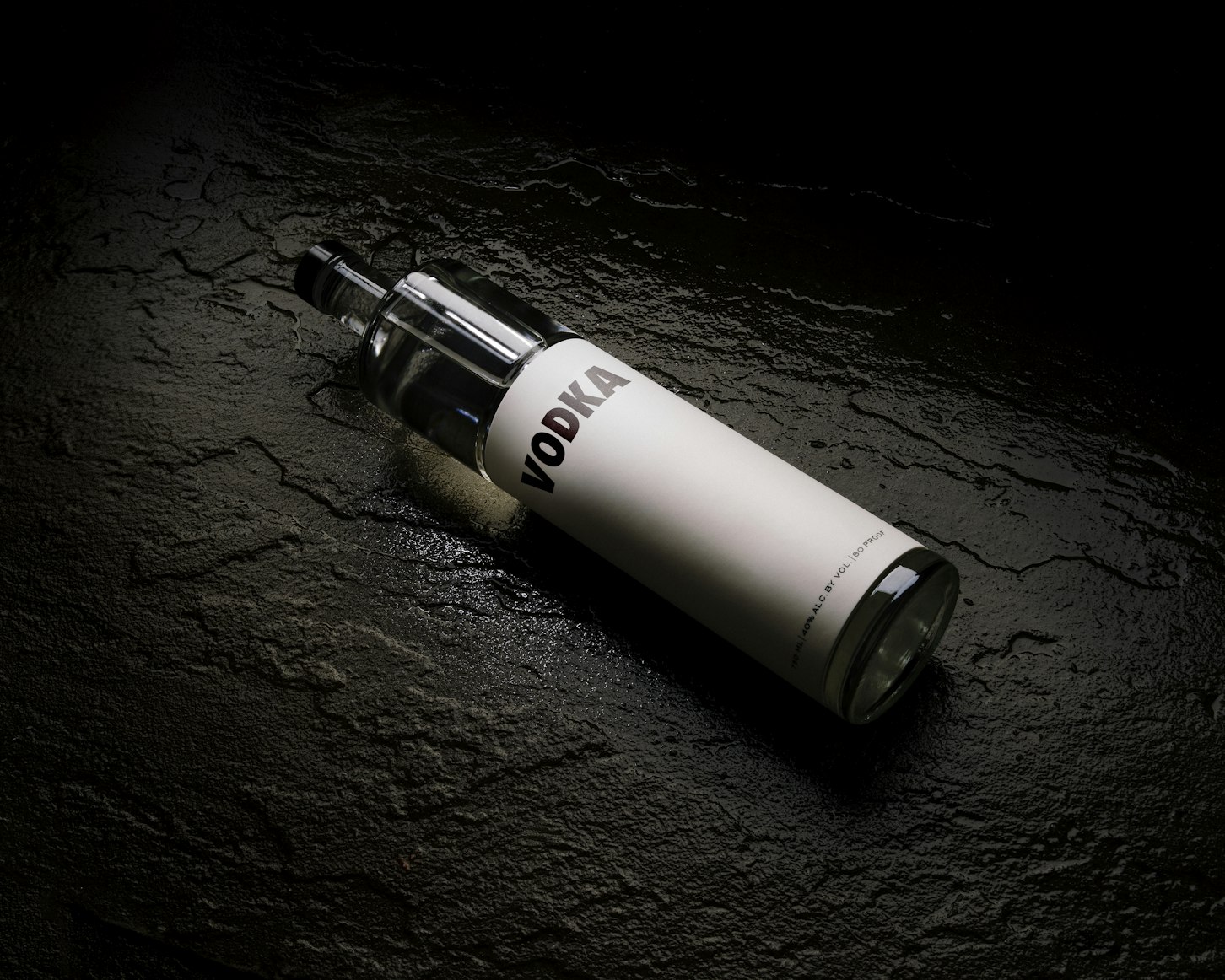How Long On Keto Before Ketosis
The ketogenic diet, or keto diet, has gained significant popularity in recent years due to its potential benefits for weight loss, improved mental clarity, and increased energy levels. One of the key aspects of the keto diet is achieving a state of ketosis, where the body switches from using carbohydrates as its primary fuel source to burning fat for energy. However, many people wonder how long it takes to reach ketosis and start experiencing the benefits. In this article, we will explore the timeline for entering ketosis and provide valuable insights into the process.
Understanding Ketosis
Ketosis is a metabolic state in which the body produces ketones from fat to be used as fuel instead of glucose from carbohydrates. This shift in energy source occurs when carbohydrate intake is significantly reduced, typically to less than 50 grams per day. By limiting carbohydrates, the body is forced to tap into its fat stores for energy, leading to weight loss and other potential benefits.
The Timeline for Ketosis
The time it takes to enter ketosis can vary from person to person, depending on various factors such as individual metabolism, activity level, and adherence to the keto diet. On average, it takes about 2-7 days to achieve ketosis, but some individuals may reach this state sooner or later.
Day 1-2: Depleting Glycogen Stores
When you start the keto diet, your body will first deplete its glycogen stores, which are the stored form of glucose in the liver and muscles. This process can take approximately 24-48 hours, depending on your carbohydrate intake prior to starting the diet. During this time, you may experience symptoms such as fatigue, headaches, and cravings as your body adjusts to the lower carbohydrate intake.
Day 2-3: Transition Phase
After depleting glycogen stores, your body will start transitioning to using fat as its primary fuel source. This is when ketone production begins. Initially, ketone levels may be low, and your body may still rely on some glucose for energy. However, as carbohydrate intake remains low, ketone production will increase, and your body will gradually shift into ketosis.
Day 3-7: Entering Ketosis
By the third to seventh day, most individuals will enter ketosis, with their bodies primarily using ketones for energy. At this stage, you may experience the “keto flu,” which is a collection of symptoms that can include fatigue, brain fog, irritability, and nausea. These symptoms are temporary and typically subside within a few days as your body adapts to using ketones as its primary fuel source.
Factors Affecting the Timeline
While the general timeline for entering ketosis is 2-7 days, several factors can influence how quickly an individual reaches this state:
- Carbohydrate intake: The lower the carbohydrate intake, the faster the body will deplete glycogen stores and enter ketosis.
- Activity level: Regular physical activity can help deplete glycogen stores more quickly and accelerate the transition to ketosis.
- Metabolism: Each person’s metabolism is unique, and some individuals may naturally enter ketosis faster than others.
- Body composition: People with higher muscle mass may enter ketosis more rapidly due to their increased metabolic rate.
- Overall health: Certain medical conditions or medications may affect the body’s ability to enter ketosis.
Frequently Asked Questions (FAQ)
1. Can I speed up the process of entering ketosis?
While you cannot drastically speed up the process, there are a few strategies that may help. These include reducing carbohydrate intake to the recommended levels, engaging in regular physical activity, and staying properly hydrated.
2. How can I know if I am in ketosis?
You can test for ketosis using urine strips, blood ketone meters, or breath analyzers. These tools measure the levels of ketones in your body and can provide confirmation of whether you have entered ketosis.
3. What should I eat to enter ketosis faster?
To enter ketosis faster, it is essential to follow a strict low-carbohydrate, high-fat diet. Focus on consuming foods such as meat, fish, eggs, avocados, nuts, and healthy oils while minimizing carbohydrate-rich foods like grains, fruits, and starchy vegetables.
4. Can I experience ketosis without following a strict keto diet?
While it is possible to enter a state of ketosis through fasting or very low-calorie diets, maintaining a strict keto diet is generally the most sustainable and healthy approach to achieving and maintaining ketosis.
5. Can I be in ketosis without losing weight?
Yes, it is possible to be in ketosis without experiencing significant weight loss. While ketosis can promote weight loss, other factors such as overall calorie intake and individual metabolism also play a role in determining weight changes.
6. How long should I stay in ketosis?
The duration of time spent in ketosis varies depending on individual goals and preferences. Some people choose to follow a keto diet long-term, while others may cycle in and out of ketosis. It is important to listen to your body and consult with a healthcare professional to determine the best approach for you.
Summary
Entering ketosis on the keto diet typically takes 2-7 days, depending on individual factors such as carbohydrate intake, activity level, and metabolism. The process involves depleting glycogen stores, transitioning to using fat as fuel, and ultimately producing ketones. While there are strategies to potentially speed up the process, it is important to follow a strict low-carbohydrate, high-fat diet and listen to your body’s signals. Testing for ketosis and consulting with a healthcare professional can provide further guidance on your journey to achieving and maintaining ketosis.





